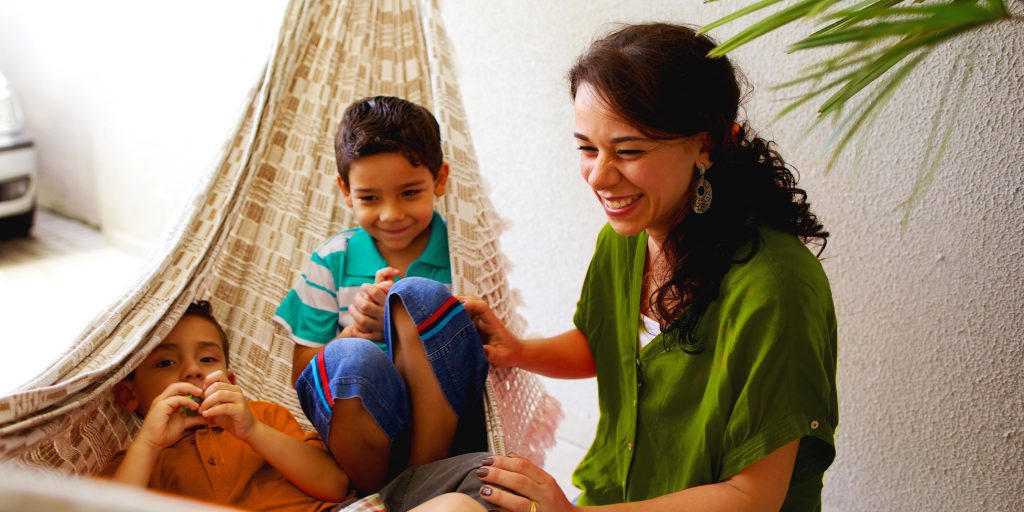In God’s eyes, “mother” is the title of any woman who nurtures the coming generations.
From a legal perspective, being a mother is defined by biology or adoption. When Mother’s Day comes around, it can seem like a dismissal of women who do not fill that role. In The Church of Jesus Christ of Latter-day Saints, motherhood is a powerful source of female identity, and a dismissal of any woman from that identity can be hurtful.
In her general conference talk “Are We Not All Mothers?,” Sister Sheri L. Dew presents the title of “mother” as more than simply a marker of secular maternity. Sister Dew defines motherhood as a divine role given to all women, their duty being to raise the next generation to the best of their abilities.
If this is our definition of motherhood, then “mother” becomes the title of all women who love, encourage, and nurture the youth within their sphere of influence—not just those who care for children within their own families.
For example, picture a single Latter-day Saint woman who works as a preschool teacher and does her best to live by her covenants to God. She may not have children of her own, but the children she teaches at work or church look up to her. She influences the next generation not by bearing them, but by bearing them up. This is Sister Dew’s vision of motherhood: each woman composing the fabric of Zion’s tent, providing its children with comfort and shelter from the storms of life.
From this perspective, motherhood is so much more than what the legal definition allows for. It is a divine work of love and hope—love for all of God’s children and hope for their future.
Read more about the true meaning of motherhood in Sheri L. Dew’s talk “Are We Not All Mothers?”.
Source: Ensign
—Linde Fielding, Latter-day Saint Insights
FEATURE IMAGE COURTESY OF CHURCHOFJESUSCHRIST.ORG
Find more insights
Read about the power of mothers in Thomas S. Monson’s talk “Behold Thy Mother.”
For insight on the eternal nature of motherhood, see “The Reality of Heavenly Mother” by Erin Nightingale.



